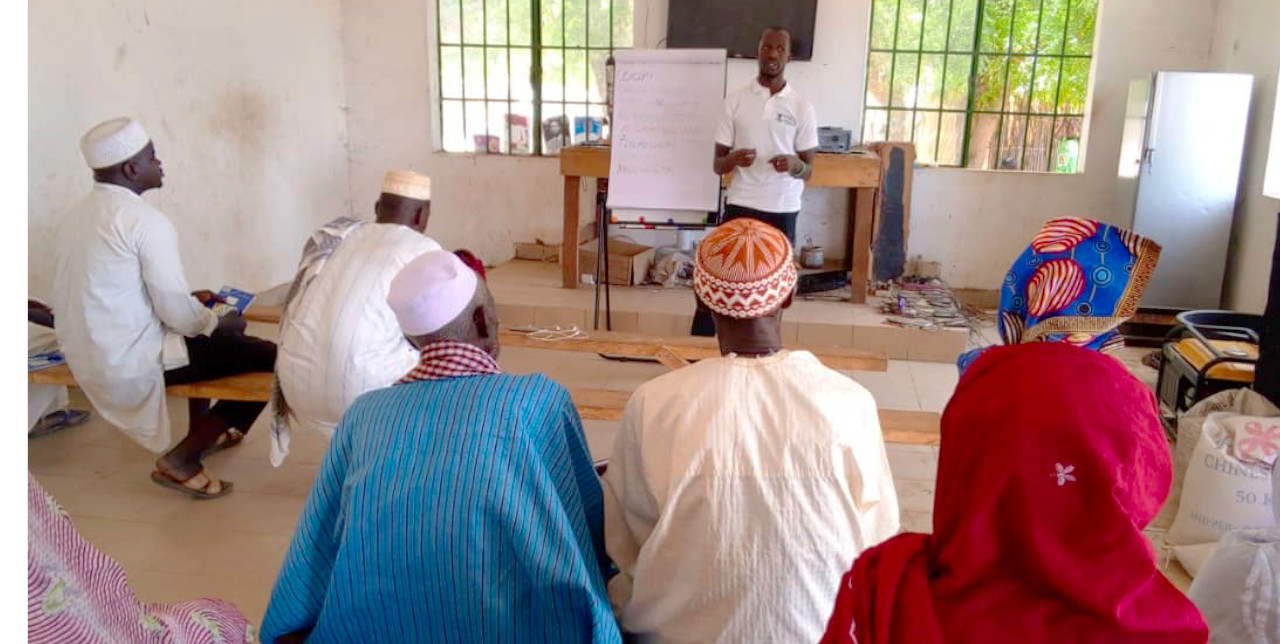07-08-2019 | di COOPI
Gambia: irregular migration consequences on returnees
Since December 2018, COOPI has carried out an assessment in Gambia to investigate the consequences of migration and understand the difficulties returnees are dealing with, in terms of protection and reintegration.
The survey was part of the "No more back way - Contrast with irregular migration in the North and Central River regions of The Gambia” project, funded by the Italian Agency for Development Cooperation (AICS) and was conducted through a mobile operational and protection team consisting of two social workers.
COOPI team will also provide individual psychosocial support to returnees through counselling, awareness-raising, psycho-education and family mediation sessions. These activities will foster development processes and professional skills and will promote sustainable reintegration for returnees.
Among the awareness-raising activities of the project, in July 2019, members of the community, young people and returnees participated in two-days awareness sessions that included discussion groups, sports events and screening documentaries, to show and share the risks associated with irregular migration and to inform young people about professional opportunities in Gambia, in collaboration with a local association of returnees, YAIM - Youth Against Irregular Migration.
RETURNEES IN GAMBIA - AND NOW?
Many of the migrants who survived violence along the Libyan route cannot continue their journey to Europe and are forced to return to their country.
With no money, unemployed and traumatised, young returnees prefer to settle in the coastal areas to avoid being dishonourably welcomed into their rural community of origin for not having reached their final destination. According to the study conducted by COOPI mobile operational team, almost all of the migrants interviewed have symptoms of post-traumatic stress and depression.
This is why we are contributing to share returnees stories and their first-hand experiences among the members of the community of origin, given they know little about migration, returnees traumas and social and psychological difficulties they have to deal with once they return home.
Sharing information among young people's families is the first step to make them aware of the difficulties and risks of irregular migration and to make them understand not to force their children to leave, believing it is the only way to ensure their families a decent income.
COOPI expertise in the field of migration has been consolidated in recent years, by offering psycho-social support and launching pilot activities for the socio-economic reintegration of returnees.
COOPI is therefore contributing to prevent and reduce the phenomenon of irregular migration from the West African region to the shores of the Mediterranean through an integrated and multi-sectoral approach along the migratory route that connects the regions of the West Coast in Gambia to the regions of North Bank and Central River.




 Gambia
Gambia